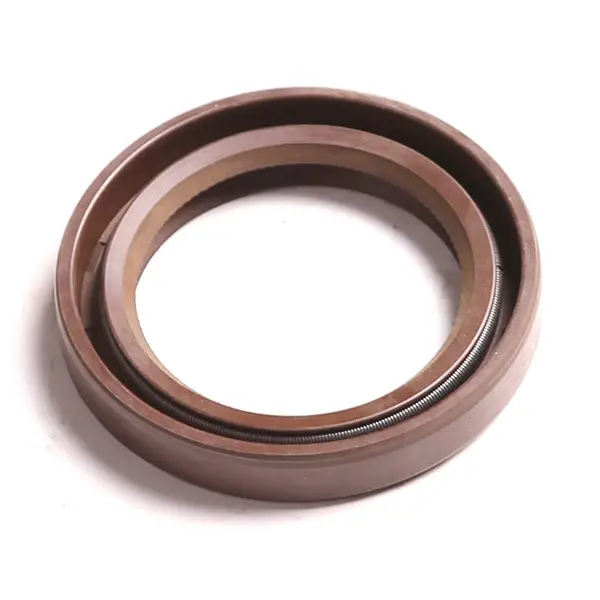10 月 . 15, 2024 04:44 Back to list
car engine oil seal
Understanding Car Engine Oil Seals Functions and Importance
Car engine oil seals play a crucial role in ensuring the overall efficiency and longevity of an engine. These seals are designed to prevent leaks of engine oil and other fluids, maintaining the required levels of lubrication and protection for engine components. Understanding the function and importance of oil seals can help car owners take better care of their vehicles and prevent costly repairs down the line.
What is an Oil Seal?
An oil seal, also known as a shaft seal, is a type of mechanical seal that is fitted around the rotating components of an engine, such as crankshafts and camshafts. These seals are typically made from various materials, including rubber, silicone, or polyurethane, which allow them to maintain their flexibility and sealing properties over time. The primary purpose of an oil seal is to prevent engine oils from leaking out and to keep dirt, debris, and contaminants from entering the engine.
Functions of Oil Seals
1. Leak Prevention The primary job of an oil seal is to prevent oil leaks. When an oil seal fails, it can lead to significant oil loss, resulting in low oil levels that can cause engine damage due to inadequate lubrication.
2. Contaminant Protection Oil seals not only prevent oil from leaking out but also protect the inner components of the engine from dirt, dust, and contaminants that could cause wear or damage. By keeping the engine clean, oil seals help maintain optimal performance.
car engine oil seal

3. Pressure Maintenance Oil seals help maintain the necessary pressure within the engine. This pressure is crucial for proper lubrication and the efficient operation of various engine systems.
Signs of Oil Seal Failure
It's important for car owners to be aware of the signs of oil seal failure to address issues promptly. Common symptoms include oil spots under the vehicle, a burning smell from the engine due to leaking oil, and low oil levels without visible external leaks. Additionally, unusual noises from the engine compartment may indicate that oil seals are malfunctioning.
Maintenance and Replacement
Regular maintenance can extend the life of oil seals. Car owners should regularly check their oil levels, monitor for leaks, and pay attention to any changes in engine performance. If oil seal failure is suspected, it is advisable to have the vehicle inspected by a qualified mechanic. Replacing damaged oil seals is a straightforward process that usually entails disassembling some engine components, making it crucial for timely intervention.
In conclusion, car engine oil seals are vital to maintaining the health of an engine. Understanding their functions and monitoring their condition can prevent leaks, protect engine components, and ensure smooth operation over the life of the vehicle. Keeping an eye on these often-overlooked parts is a proactive way to enhance vehicle reliability and performance.